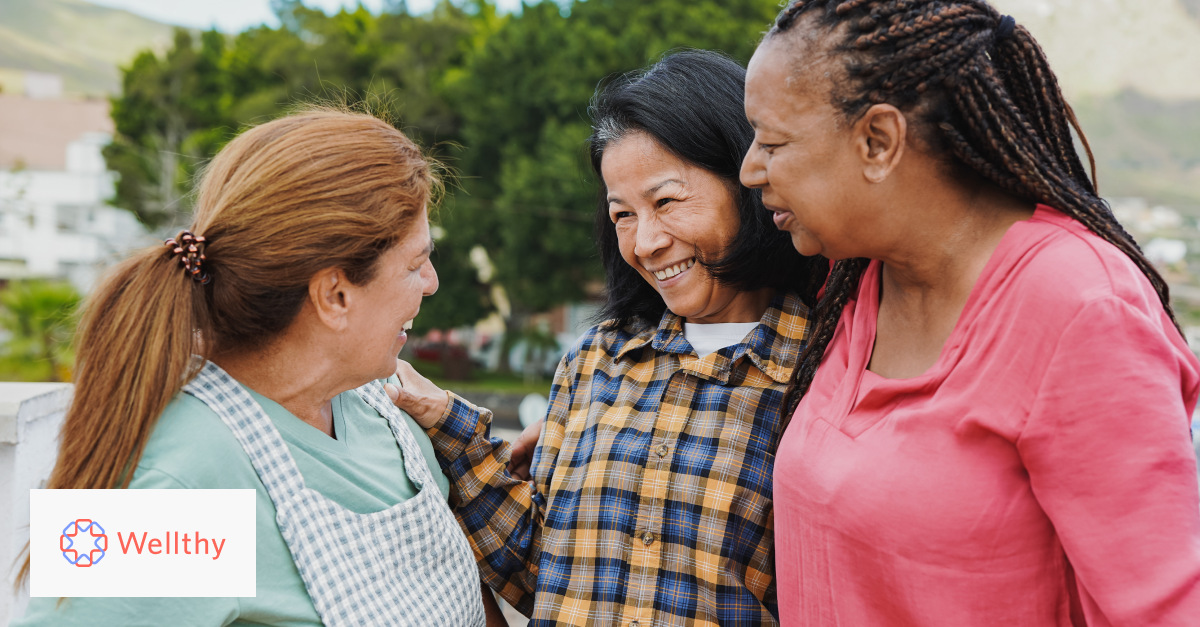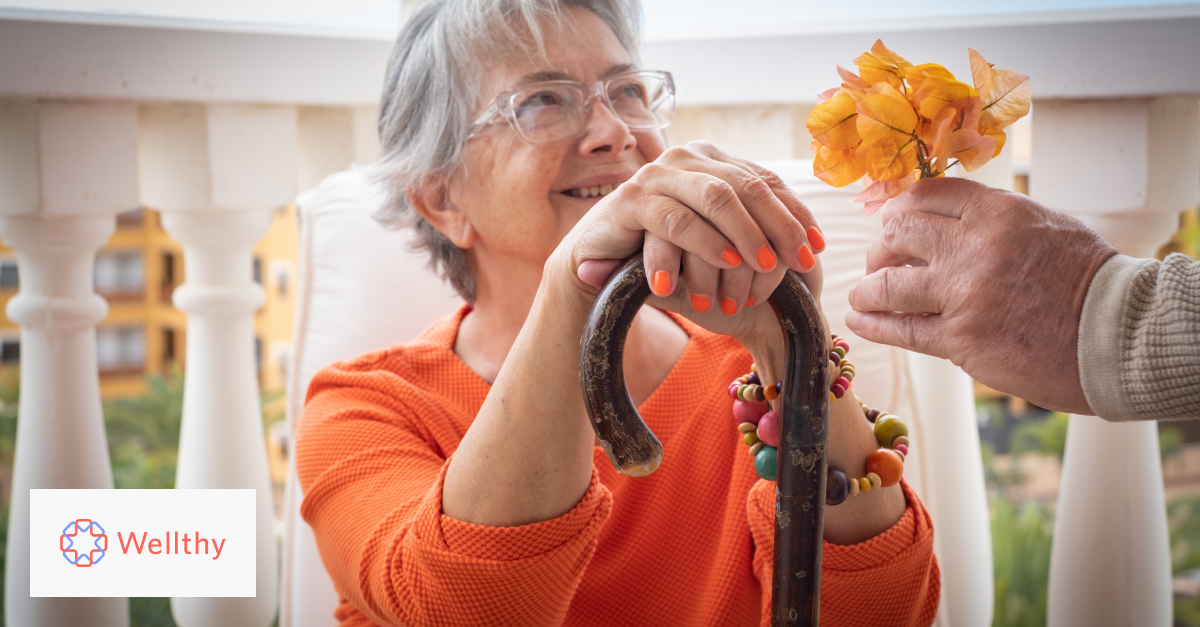A cancer diagnosis, treatment, and journey can be one of the most frightening, complicated, and challenging experiences a family endures — and for cancer caregivers especially, the logistical and administrative intricacies can be overwhelming.
Family caregivers are the bedrock of care not just within a home, but within the entire healthcare system. They serve as guide, advocate, therapist, and project manager, all while making sure their loved ones have their medical and basic human needs met.
Managing all of that is difficult for even the most experienced of caregivers, and a new study reveals that for cancer caregivers specifically, there may be gaps in support to help navigate the complexity of cancer caregiving.
Published in the Journal of the National Cancer Institute, the study looked at how well community cancer centers screen caregivers for distress. And while the study found that most cancer programs were doing a good job of documenting who family caregivers were and noting them in electronic medical records, only 16 percent of cancer programs were screening these caregivers for distress and anxiety.
“The role of caregiving has shifted over time as more cancer care is delivered in the outpatient setting,” said Dr. Katherine Sterba, a researcher at MUSC Hollings Cancer Center who helped lead the study. “Caregivers are often family members; they're unpaid, informal caregivers, and they take on a lot of burdens – everything from emotional support and practical support to medical support, providing wound care, nutritional support and all kinds of things that they weren't necessarily prepared for or trained to do.”
Cancer has been in the top five medical conditions for which Wellthy members start care projects for several years — and national data trends point to cancer becoming an even bigger factor in the lives of families. The U.S. is estimated to see a recording-breaking number of cancer diagnoses in 2024 — with projections that we’ll see two million new cancer cases and over 600,000 deaths from cancer this year alone.
For Wellthy’s Care Team, we see support for cancer caregivers touching several key themes and issues:
- Navigating a new cancer diagnosis: This can be one of the scariest moments a family will encounter, and many are left unsure of what to do, how to process, or what the immediate landscape of care should look like for their loved one and themselves. That’s where having a compassionate and comprehensive care solution is key — expert support to learn more about a new diagnosis and explore treatment options. That can also mean having someone with a depth of experience in the healthcare system who can help a family find the right providers and specialists, schedule medical appointments and follow-ups, research clinical trials, and even arrange transportation to-and-from appointments.
- Finding the right emotional support: Caring for a loved one with cancer can become all-encompassing. It can mean managing dozens of medications, helping a loved one as they experience side effects from treatment, doing wound care, tracking countless appointments, and taking on an endless list of logistical and administrative tasks. Doing all of that can leave a family caregiver feeling isolated and alone, and lead to bottling up their stress in ways that can have damaging mental health and physical health consequences. Ensuring family caregivers have the needed emotional support — sourcing and vetting therapists, connecting them to local community groups, or providing online platforms where they can connect and chat with others going through shared caregiving journeys — becomes a key piece of the cancer caregiving puzzle.
- Organization and advocacy: Tracking medications and appointments, storing and being able to reference documents, and having one eye on immediate care needs and another on the long-term comprehensive picture of care makes organization and structure among the biggest components of cancer caregiving. What goes hand-in-hand with organization is also advocacy, and making sure healthcare stakeholders provide all the information, test results, second opinion options, and additional treatment options that a care recipient may need.
Wellthy’s Care Team works directly with families on each of these points, and aims to take as much of the burden as possible off of cancer caregivers — so that they can spend less time worrying about logistics, and more time being present and sharing moments with their loved ones during some of the most vulnerable and important times in life. As one of our members, Holly, recently said: “From the beginning of a cancer diagnosis through too many doctors and surgeries, Wellthy has been an incredible blessing. They have been efficient and saved me hours of time. Most of all they have been loving and supportive which makes all the difference in the world.”
We continue to be at an inflection point when it comes to cancer caregiving. Cancer will touch more families this coming year, and countless moms, dads, daughters, sons, grandkids, and relatives will become unpaid caregivers to someone navigating a new cancer diagnosis.
As the backbone of patient support, family caregivers shoulder immense responsibilities — often without adequate resources or recognition, underscoring a pivotal gap in our healthcare system. By addressing the emotional, logistical, and medical complexities of cancer care, we can ensure that caregivers are not left to face these challenges alone, and that these pivotal heroes in our healthcare system have the personalized support they need for what can be one of the most challenging and complex caregiving journeys.







